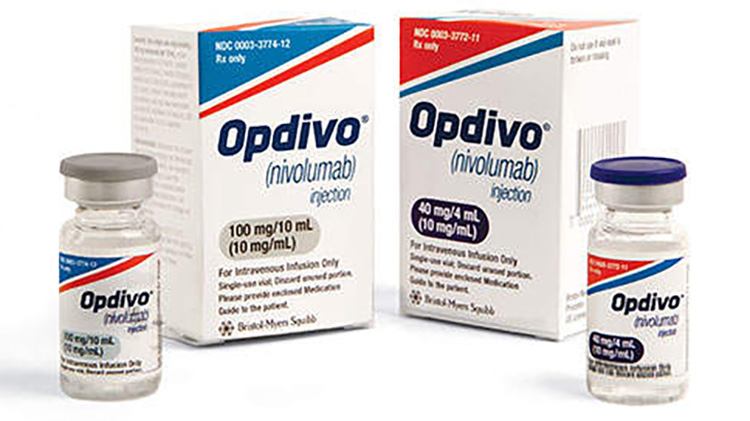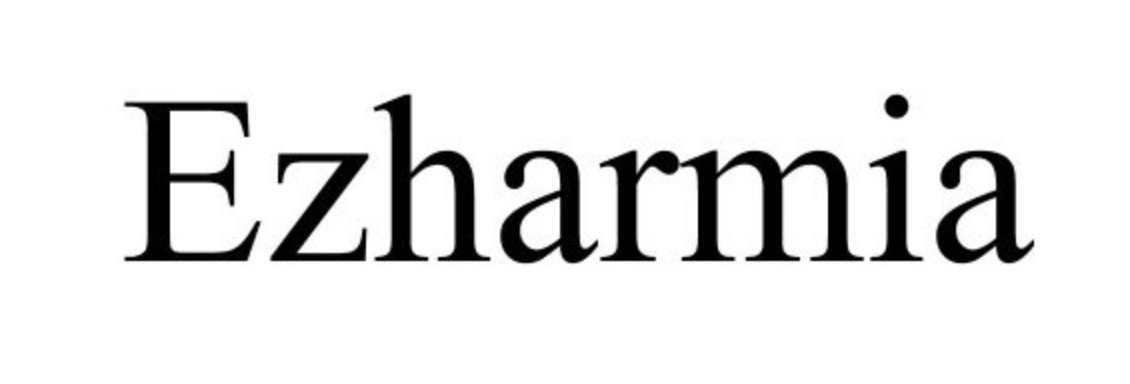Opdivo (Nivolumab) vs Ezharmia (valemetostat tosilate)
Opdivo (Nivolumab) vs Ezharmia (valemetostat tosilate)
Opdivo (nivolumab) is an immune checkpoint inhibitor that works by blocking the PD-1 protein on T cells, which can help the immune system attack cancer cells; it is approved for various types of cancer, including melanoma, lung cancer, and kidney cancer. Ezharmia (valemetostat tosilate), on the other hand, is an epigenetic regulator that inhibits the EZH1 and EZH2 enzymes, potentially leading to the reactivation of tumor suppressor genes; it is under investigation for the treatment of certain hematological malignancies and solid tumors. When deciding between Opdivo and Ezharmia, it is crucial to consider the specific type of cancer, the stage of the disease, the patient's overall health, and the approval status and evidence for use in the patient's particular cancer, as these factors will influence the effectiveness and suitability of the treatment.
Difference between Opdivo and Ezharmia
| Metric | Opdivo (Nivolumab) | Ezharmia (valemetostat tosilate) |
|---|---|---|
| Generic name | Nivolumab | Valemetostat tosilate |
| Indications | Various types of cancers including melanoma, lung cancer, and renal cell carcinoma | Adult patients with relapsed or refractory peripheral T-cell lymphoma |
| Mechanism of action | PD-1 inhibitor that enhances the immune response against cancer cells | EZH1/2 dual inhibitor that targets epigenetic regulation |
| Brand names | Opdivo | Ezharmia |
| Administrative route | Injection (IV) | Oral |
| Side effects | Fatigue, rash, musculoskeletal pain, pruritus, diarrhea, nausea | Thrombocytopenia, neutropenia, anemia, leukopenia, fatigue |
| Contraindications | Severe hypersensitivity to nivolumab or any of its excipients | Not specifically listed; use with caution in patients with severe liver impairment or those with risk of QT prolongation |
| Drug class | Monoclonal antibody, Immune checkpoint inhibitor | Epigenetic modulator |
| Manufacturer | Bristol Myers Squibb | Daiichi Sankyo |
Efficacy
Opdivo (Nivolumab) Efficacy in Lymphoma
Opdivo, known generically as Nivolumab, is a PD-1 (Programmed Death-1) inhibitor that has shown efficacy in the treatment of several types of cancer, including lymphoma. It works by blocking the PD-1 pathway, which some cancer cells use to hide from the immune system. By inhibiting this pathway, Opdivo helps the immune system to detect and fight cancer cells. In Hodgkin lymphoma, particularly in cases that are refractory or have relapsed after autologous stem cell transplant (ASCT), Opdivo has demonstrated significant efficacy. The drug has received FDA approval for this indication based on response rates observed in clinical trials.
For other types of lymphoma, such as non-Hodgkin lymphoma (NHL), the efficacy of Opdivo varies depending on the specific subtype. Clinical trials have shown promising results in some forms of NHL, but its use is often considered on a case-by-case basis, and it may be part of combination therapy. The efficacy of Opdivo in lymphoma is an area of active research, with ongoing clinical trials aiming to better understand which patients may benefit the most from this treatment.
Ezharmia (Valemetostat Tosilate) Efficacy in Lymphoma
Ezharmia, with the active ingredient valemetostat tosilate, is an investigational drug that inhibits EZH1 and EZH2 methyltransferase activity. These enzymes are often involved in the pathogenesis of various cancers, including lymphoma. By targeting these enzymes, Ezharmia is designed to modify the epigenetic regulation of gene expression, which can be crucial in the growth and survival of cancer cells. While still under investigation, early clinical trials have suggested that Ezharmia may have potential in treating certain types of lymphoma, including adult T-cell leukemia-lymphoma (ATL) and peripheral T-cell lymphoma (PTCL).
As of the knowledge cutoff date, Ezharmia is not yet approved for general use and is being evaluated in clinical trials. The efficacy data from these trials is essential to determine its safety profile and therapeutic potential in lymphoma. Patients and healthcare providers are eagerly awaiting the results of these studies to understand where Ezharmia may fit within the lymphoma treatment landscape, particularly for those subtypes that are currently lacking effective treatment options.
Regulatory Agency Approvals
Opdivo
-
European Medical Agency (EMA), European Union

-
Food and Drug Administration (FDA), USA

-
Health Canada

-
Pharmaceuticals and Medical Devices Agency (PMDA), Japan

-
Therapeutic Goods Administration (TGA), Australia

-
Medsafe (NZ)

Ezharmia
-
Pharmaceuticals and Medical Devices Agency (PMDA), Japan

Access Opdivo or Ezharmia today
If Opdivo or Ezharmia are not approved or available in your country (e.g. due to supply issues), you can access them via Everyone.org.
How it works

Make an enquiry
Choose the medicine you want to buy, answer a couple of questions, and upload your prescription to speed things up. We’ll get back to you within 24 hours.


Make an enquiry
Choose the medicine you want to buy, answer a couple of questions, and upload your prescription to speed things up. We’ll get back to you within 24 hours.


Breeze through the paperwork
We'll guide you through the required documents for importing unapproved medicine, ensuring you have all the necessary information.


Get a personalized quote
We’ll prepare a quote for you, including medicine costs and any shipping, administrative, or import fees that may apply.


Receive your medicine
Accept the quote and we’ll handle the rest - sourcing and safely delivering your medicine.

Some text on this page has been automatically generated. Speak to your physician before you start a new treatment or medication.
Let's talk
If you have any questions, call us or send us a message through WhatsApp or email:
Contact us




